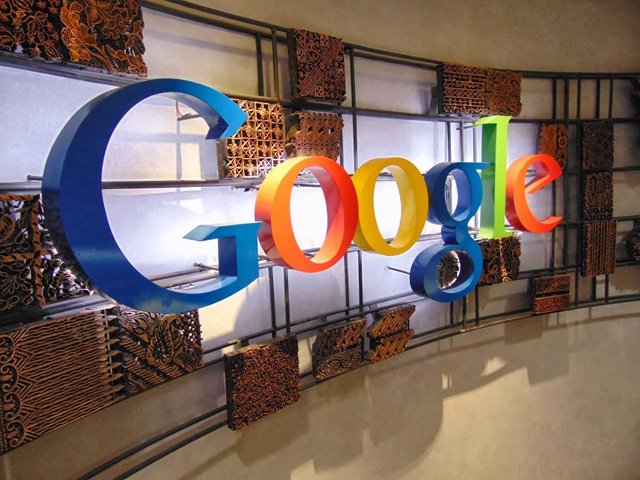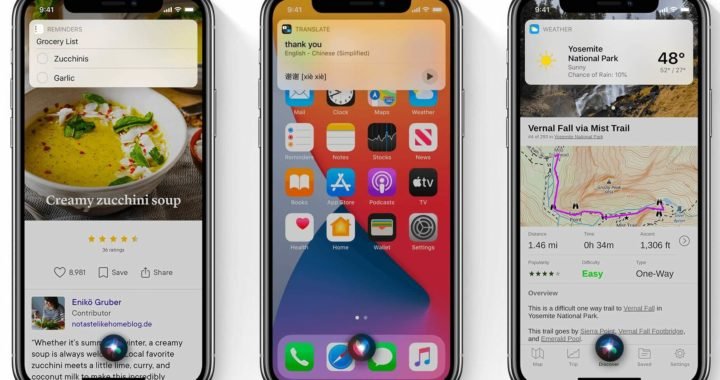Here’s why Fortnite got kicked off from Apple & Google stores

Epic Games’ simmering antitrust dispute with Apple and Google turned into a hot war Thursday, as Epic Games announced a discount policy and direct payment mechanism for Fortnite that Apple and Google said violated their terms of service.
Epic Games announced its Fortnite “mega drop,” a permanent discount of up to 20% on V-bucks (Fortnite’s in-game currency) and other cash purchases in the game. It also introduced a new direct payment option. If you purchased V-bucks in the game through the iOS App Store or Google Play, the old price was in effect. But the discount is included under the new direct option.
Apple tossed Fortnite out of the iOS App Store, and Epic Games filed an antitrust suit. Later in the day, Google also dropped Fortnite from Google Play, and Epic Games sued Google as well.

Epic Games CEO Tim Sweeney has been saying for years that open-source and free competition have been squelched in the game industry in favor of monopolistic platforms that don’t have the interests of developers or consumers at heart. He has taken aim at Microsoft in the past as it contemplated moving the PC toward an Apple-like single store for apps.
Google’s statement:
The open Android ecosystem lets developers distribute apps through multiple app stores. For game developers who choose to use the Play Store, we have consistent policies that are fair to developers and keep the store safe for users. While Fortnite remains available on Android, we can no longer make it available on Play because it violates our policies. However, we welcome the opportunity to continue our discussions with Epic and bring Fortnite back to Google Play.
Epic has a history of tussling with Google over this Play Store rule. In August 2018, Epic pulled Fortnite from the Google Play Store and began distributing it directly. That is only possible because Android allows installs from third-party sources, though it does make that process seem a bit dangerous because of the security warnings that appear when you do.
Eighteen months later, Epic capitulated and put Fortnite back into the Google Play Store, though not without some very angry rhetoric about it. Here’s Epic’s statement from April 2020:
Google puts software downloadable outside of Google Play at a disadvantage, through technical and business measures such as scary, repetitive security pop-ups for downloaded and updated software, restrictive manufacturer and carrier agreements and dealings, Google public relations characterizing third party software sources as malware, and new efforts such as Google Play Protect to outright block software obtained outside the Google Play store.
An app as popular as Fortnite being installed via other means specifically other stores has the potential to lessen the centrality of the Google Play Store on Android and maybe increase fragmentation. There are already competing stores Samsung is pushing its own store heavily on its Android devices, for example. But in general, the Google Play Store has been the go-to software source for most people.
Meanwhile, Microsoft’s game streaming service isn’t allowed on the iPhone at all and Microsoft isn’t happy about that, either.
Given Epic’s outsized response to Apple’s ban the lawsuit and the 1984 ad it’s a sure bet that the company will have a response to Google as well. Google has mentioned that they are open to discussions with Epic Games to bring Fortnite back on the Play Store, Apple has not said anything yet. We’ll obviously let you know what that is when it happens.






